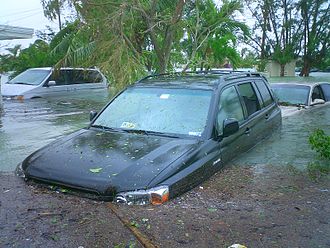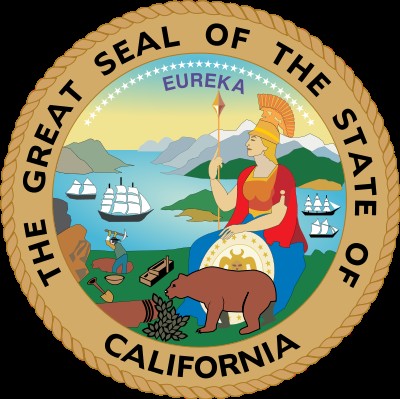Climate Change
Of Corn and Climate
Trouble may be brewing in the corn belt.
We continue to gain a better understanding of the impacts of climate change, which are sometimes subtle and unexpected. Two articles in Science report significant new research. The first report comes from two researchers at the University of Illinois. Corn, like other plants, needs to pull CO2 from the air for photosynthesis. But the same tiny …
Continue reading “Of Corn and Climate”
CONTINUE READINGAn Opening for Climate Adaptation?
Marco Rubio seems willing to admit that climate change exists and is causing real problems. That’s a start.
During an interview with ABC’s Jonathan Kent, Marco Rubio made a very interesting statement about climate change. He took the standard anti-science position about the causes of climate change. “I do not believe that human activity is causing these dramatic changes to our climate the way these scientists are portraying it,” he said. He went on …
Continue reading “An Opening for Climate Adaptation?”
CONTINUE READINGNot nonsensical at all
The main State Capitol columnist for the Sacramento Bee wrote a piece today on whether California should encourage or discourage additional oil development in the state. This has been a major debate politically, with Governor Brown resisting calls by many environmental groups to ban fracking. Brown has noted the potential economic benefits from tapping into …
Continue reading “Not nonsensical at all”
CONTINUE READINGFracking and the Environment
A new RFF report sheds light on the critical issues.
There are a lot of unanswered questions about natural gas and fracking. A recent report by Resources for the Future sheds light on some of the answers. RFF is unusual among Washington think tanks — an honest broker that uses expertise to try to answer hard questions. The report reaches three important conclusions. The first …
Continue reading “Fracking and the Environment”
CONTINUE READINGIPCC Report Highlights Need for Rapid Shift to Renewable Energy; Delay Will be Costly
Meanwhile, EPA Considers Methane Regulations for Oil and Gas Production
According to the newest Intergovernmental Panel on Climate Change (IPCC) mitigation report, only a few decades remain to halt the worst effects of global climate change. To meet climate goals, globally we will need to reduce emissions to 40 to 70 percent below today’s levels, by mid-century. Delaying action will be enormously costly from an …
CONTINUE READINGDoes Keystone Matter?
A recent analysis suggests that the pipeline could result in production of a billion extra barrels between now and 2030.
Many people who have studied the issue tell me that the Keystone XL issue is mostly symbolic, because the Alberta oil sands are going to be used one way or another. But I’m having some second thoughts because of arguments made (here) by Berkeley economist Max Aufhammer. He’s a pretty hard-headed analyst, not given to …
Continue reading “Does Keystone Matter?”
CONTINUE READINGEmmett Center To Become Emmett Institute, Dan and Rae Emmett Provide Generous New Support
We are very pleased to announce that UCLA’s Emmett Center on Climate Change and the Environment has now become the Emmett Institute on Climate Change and the Environment as a result of a generous new gift from Dan and Rae Emmett and a reorganization and consolidation of UCLA Law’s environmental resources. The Emmetts today announced …
CONTINUE READINGIn Harm’s Way
Millions of people are in the path of rising seas. The time for action is now.
The NY Times has run a series of articles in the past few days dealing with disaster issues. Taken together, they highlight the urgency of government action to protect populations in harm’s way. One article dealt generally with the threat posed by sea level rise. Miami is something of a poster-child for these problems, given its …
Continue reading “In Harm’s Way”
CONTINUE READINGCalifornia’s Path to 2050
Recent research shows that California can meet its 2050 climate goals at an affordable cost.
Could California make deep cuts in carbon by 2050 (80% below 1990 levels)? Are the economics feasible? Those are important questions for California, but they also have a lot to say about what’s feasible for the U.S. and other developing countries as a whole. Last December, UC Davis hosted a forum on the models that …
Continue reading “California’s Path to 2050”
CONTINUE READINGTwo good recent articles on environmental law
Regulating diffuse harms is a key future challenge for environmental law
JOTWELL is a blog dedicated to highlighting some of the best, recent legal scholarship. I recently posted a review there of two excellent recent articles in environmental law — I think they’re both terrific because they both highlight what I think will be an increasingly important issue in the future of environmental law: How we …
Continue reading “Two good recent articles on environmental law”
CONTINUE READING











